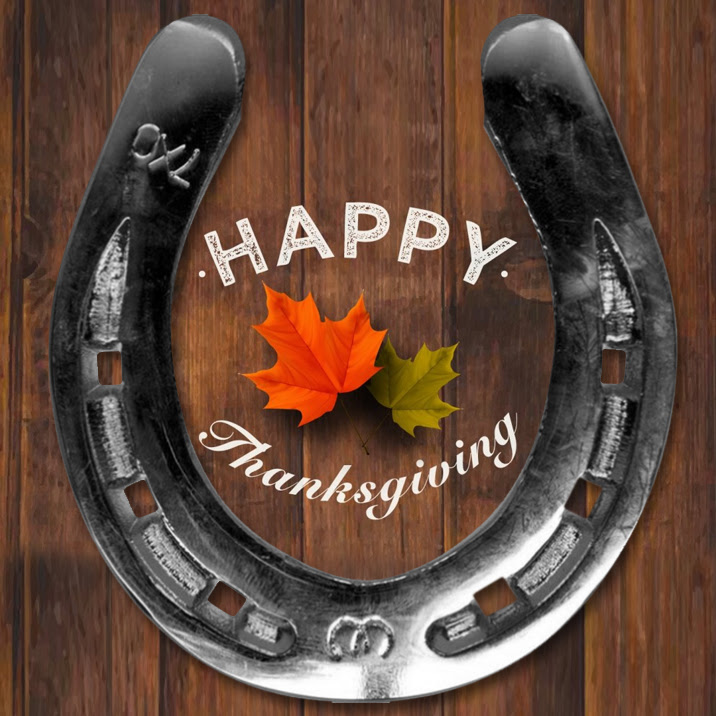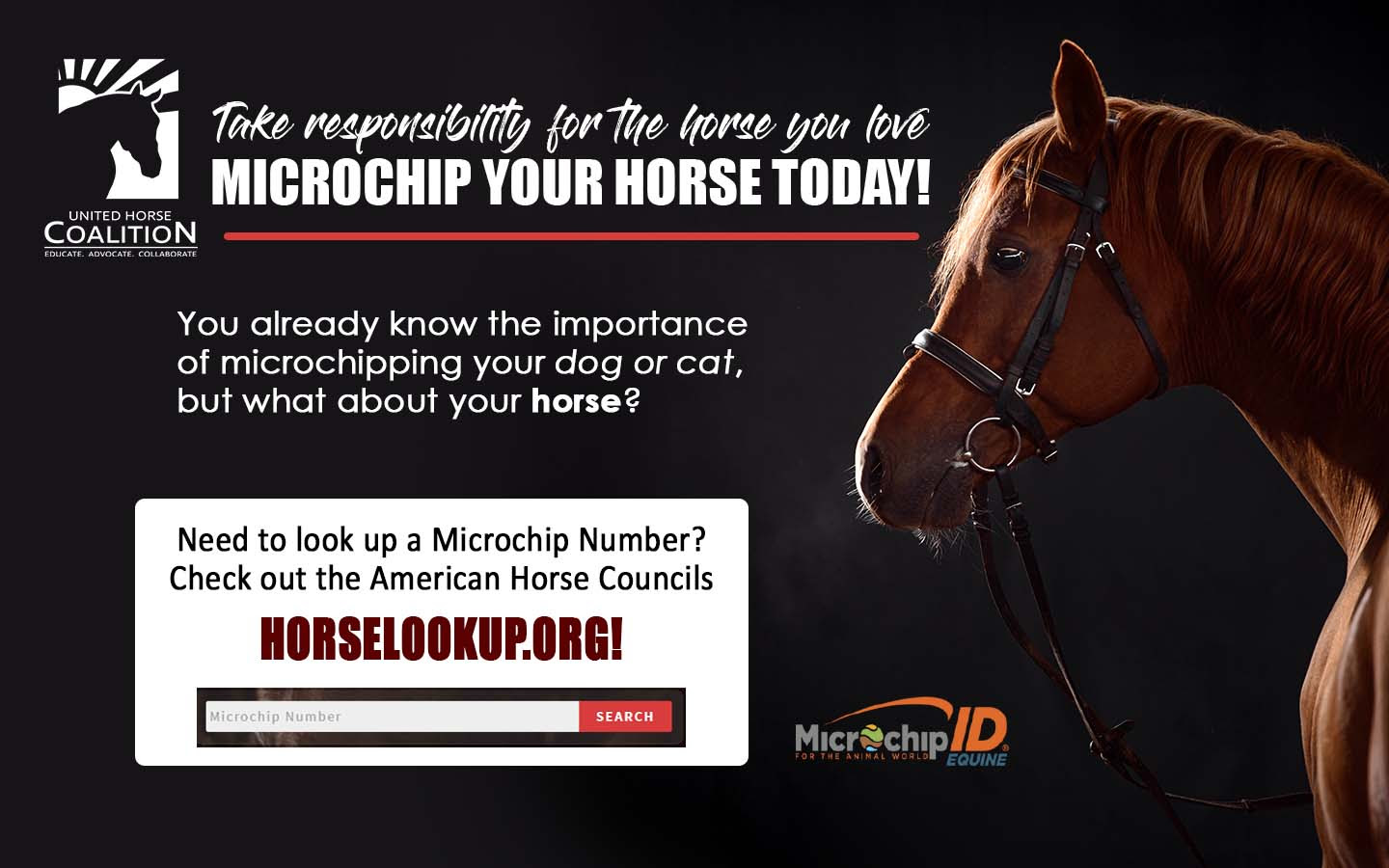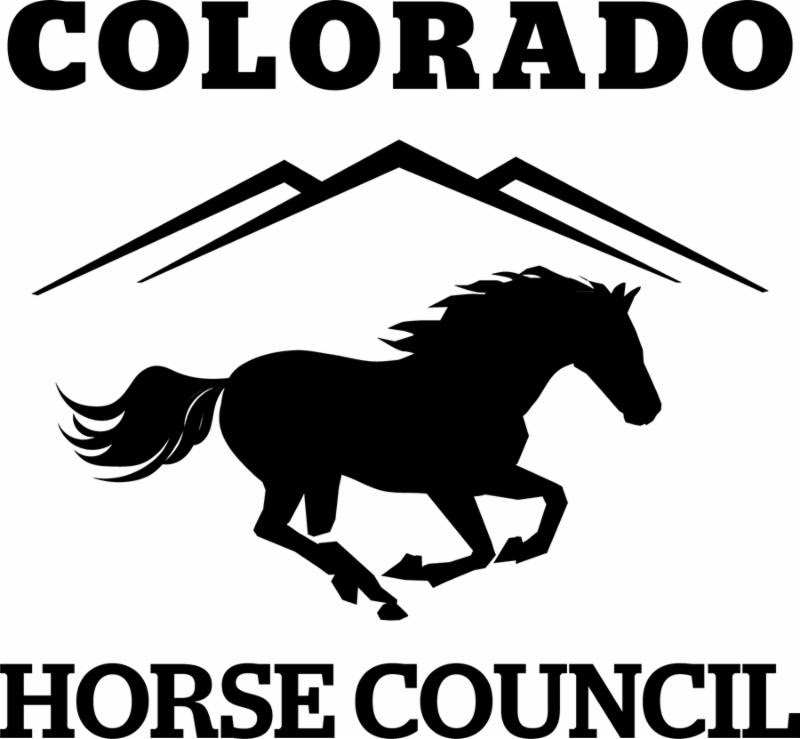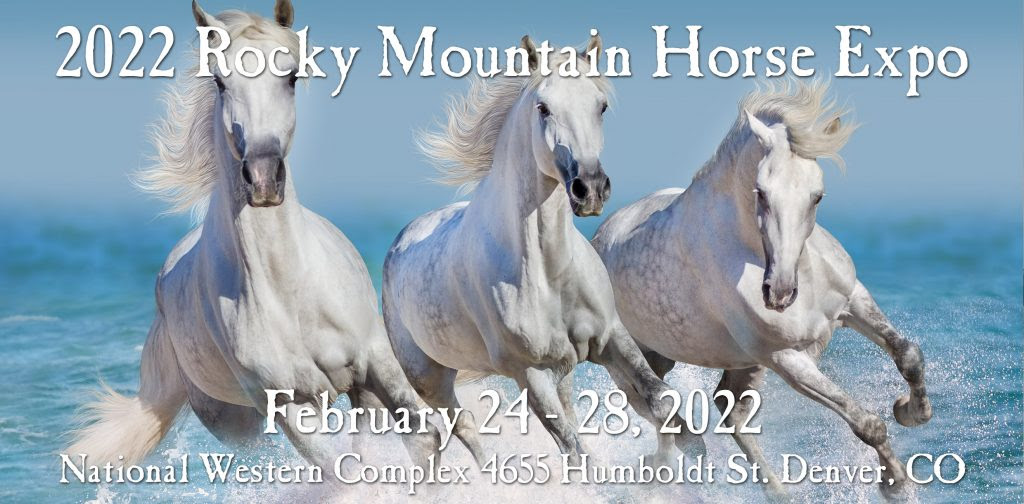
The following is from the American Horse Council:

November 2021
Former members
Copyright © 2021 American Horse Council
The AHC News is published monthly and we’d love to recruit you back as a member. Don’t miss out on the latest legislative and regulatory updates, along with news and industry efforts.

AHC Annual Congressional Fly-In October 28th – Highlights & Recap
- Helping American’s veterans with Equine Assisted Services. Rep. Andy Barr (R-KY) spoke to how evidence-based research has proven the effectiveness of EAS in helping youth, veterans, and the disabled community, Adaptive Sports Program through VA initially helped with funding for EAS with $1.5 million which was increased in 2020 to $5 million in grant appropriations. Barr urged the attendees to contact Senators about keeping this 5 million dedicated to EAS and to improve upon that. Barr also spoke regarding the Suicide Prevention Bill, John Scott Hannon Mental Health Care and Improvement Act. Data shows that 21 Veterans take their lives every day in USA. Only 14 of those had any sort of interaction with the VA in the previous 2 years – thus we need other entry points and access points for Veterans who are not utilizing the VA. Barr offered an amendment for non-VA organizations, which passed and made it into the final bill. Barr again asked attendees to talk to Senators to keep the house amendment on a dedicated budget.
Kathy Alm of PATH Intl. and Ruth Dismuke-Blakely of AHA mentioned that EAS for veterans should all fall under the umbrella of mental health and keeping the boundaries clear regarding treatment for Veterans when it comes to EAS. When it’s under Adaptive Sports, it undermines EAS as a treatment strategy when asking for reimbursement and confuses the public. Barr agreed to have further discussion and investigate strategies.
- Guest Workers – We need them, but can we get them? Rep. Andy Harris (R-MD) who is the lead on H2B Visas, shared how we need temporary workers to help fill the vast need for farm workers and the returning worker exemption is one option or exempt/remove some from H2B. Rep. Harris asked attendees to help his colleagues on the hill learn and understand the difference between immigration vs guest workers, as the penalties are strict for temporary work visas.
- House Ag Committee Update Rep. GT Thompson (R-PA) shared his goal of being a strong voice for American Agriculture. The House Ag Committee is blessed with opportunities to help Agriculture rebound from these crisis (COVID, natural disasters, etc.).
- What’s happening with Tax policy? Jordan Harris and Mason Foley of Sen. Mitch McConnell’s (R-KY) office spoke about the new framework for reconciliation package which was recently released. AHC staff asked about the Build Back Better – looking to get this reevaluated and would like suggestions on raising the awareness.
- Can another state’s legislative issues affect me? Case Studies… 11:30 AM Julie Beeman spoke regarding CAFO (Concentrated Animal Feed Operations) Challenges in CA and shared San Jan Capistrano Case Study. Scott Dorenkamp of PRCA spoke of potential rodeo ban in Los Angeles CA. Concern that this movement will move up and down the state of CA and into CO. With potential impact on future equestrian events that involve fixed spurs. If Rodeo is banned, others will not be far behind, so it is in everyone’s interest to pay attention to this.
- Senate Ag Committee Update Kyle Varner of Sen. Deb Stabenow’s Office (D-MI) shared that thus far this year the committee has been working on confirming any administration nominees, turnover of secretary positions at USDA. 28 Nominees. COVID relief package passed, monitoring the USDAs release of those assistance programs. Kinks in the supply chain. Varner also spoke about climate change and Introduced Growing Climate Solutions Act, 94-6 vote passed out of the Senate. Intended to help USDA put more structure around carbon markets that producers are taking advantage of. Helps provide more certainty for farmers/ranchers in getting involved with that, certification process for USDA. Certification process for verifiers on the ground, so farmers know who to trust. One stop shop website for producers who are interested in participating in the carbon markets. Varner stated that the committee will start turning to more formal review of 2018 Farm Bill. Current bill doesn’t expire until 2023, so there is time for industry input. AHC staff mentioned the Equine Industry is consistently underrepresented in the USDA census data. Making that large gap in numbers critical to address for future changes to the Farm Bill.
- What is the status of the PAST Act? Rep Steve Cohen (D- TN) shared that the PAST Act was introduced in June, with 209 co-sponsors initially, 234 now, which is majority of the house. Cohen also noted that in 2017, USDA submitted a role to the OMB (Office of Management and Budget) that would take the language from the Past Act and codify it in a way that the USDA could take action on it now. This rule change gives USDA the teeth they need to enforce the Horse Protection Act. If this rule was to be introduced, it would likely be adopted.
- What is the Congressional Horse Caucus and what are its priorities? Rep. Paul Tonko (D-NY) noted that the Equine Industry contributes over $50 billion to the US economy annually and plays a key role in conserving agricultural land. The Caucus Is made up of bi-partisan members who are aware of and support the Equine Industry as well as the health and safety of horses in the racing industry. Tonko urged the attendees to use storytelling as a tool to help get PAST Act over the finish line. And AHC offered its services to help grow the Horse Caucus and its mission – outreach, build by consensus.
- Updates from the US Dept. of Agriculture
Oscar Gonzales, Asst. Secretary USDA spoke about his 3rd generation connection to the horse industry and efforts underway by National Security Council, to bring in workers from Ecuador, El Salvador & Guatemala to help with season work and address labor shortage. Gonzales also spoke about keeping eyes out for legislation to unleash a substantial amount of funding in rural areas. Making sure that children are fed and that the needs of rural America are being met. Reaching out to small business owners, most families in agriculture have some form of supplemental small business. Providing workshops to find out what the needs of small business owners are. AHC staff asked if there is any discussion about reintroducing the rule change in the Horse Protection Act – Specifically realigning the language around testing procedures and protocols related to the PAST Act. Gonzales said he was not up to speed on this and would make inquiries. AHC staff also noted that the Farm Bill is an important part of the USDA’s program funding, and the equine industry is looking to include more provisions for better horse census numbers. AHC would like to see the USDA to find a better solution to this problem, and better realize the equine population in the United States. Lynn Coakley of Equus Foundation asked if Gonzales had any idea why the number of horses being exported for slaughter appear to have decreased significantly in the past year? Discussion about possibilities followed including potentially more awareness about the issue, less demand, and COVID possibly reducing the number of horses crossing the border.
- How to get the biggest bang from Great American Outdoors Act (GAOA)? Sherry Reaves & Brenda Yankoviak of USFS spoke to the GAOA. The GAOA provides funding through Legacy Restoration Fund (LRF). Forest Service is the largest agency under the Department of Agriculture. National Parks and Public Legacy Restoration Fund, authorized up to $285 Million annually. Used to address deferred maintenance (maintenance that was not performed when it was scheduled or should have been accomplished and which, therefore, was put off or delayed for a future period. Yankoviak suggested what makes a successful GAOA project includes Priorities: deferred maintenance reduction, visitor access and experience, supporting undeserved communities, mitigating climate change, leveraging partnerships.
Creating story maps and connecting people to these projects. Promoting these improvements across the country. The more people see the impacts, the more they are willing to support and contribute. Share your stories!
How to get involved: Leverage funding, collaborate on project development, provide feedback on projects, assist with data collection, and volunteer!
Thank you to all our participants and speakers.
Barr Leads the Charge on Legislation to Spur Investment in Equine Industry
Washington, D.C.— U.S. Congressman Andy Barr (KY-06) reintroduced legislation to incentivize investment in Kentucky’s signature equine industry. The Equine Tax Fairness Act would make the three-year depreciation schedule permanent for racehorses, regardless of their age when put into service. Currently, Congress must reauthorize this provision in the tax law on an annual basis.
Additionally, this legislation would reduce the holding period for equine assets to be considered long term capital gains, putting them on a level playing field with other similar assets. Congressman Barr’s bill is endorsed by the National Thoroughbred Racing Association (NTRA), the Kentucky Thoroughbred Association, the Jockey Club, the Thoroughbred Owners and Breeders Association, Keeneland, and the American Horse Council.
AHC welcomes new Government Affairs Liaison – Mark Riso
AHC President, Julie Broadway, is pleased to announce the addition of Mark Riso to the AHC Team effective November 15th.
Mark is a public policy professional and national lobbyist, with over three decades of public policy – advocacy experience on Capitol Hill in Washington, D.C. – with an expertise in the legislative, regulatory, and political processes. Mark served as Legislative Director to two senior Members of Congress and as a professional staff member on the Subcommittee on Oversight and Investigations (U.S. House of Representatives, House Banking Committee). Following his work on Capitol Hill, Mark has served as a senior lobbyist for past twenty-five years for industry associations, and passionate about advocacy.

Horse Week Re-Releases Available
“Just like your passion for horses never fades, neither does Horse Week’s brilliant video content. That’s why The Equine Network is re-releasing your favorite Horse Week classics each week from now until Christmas!
The Horse Week re-releases will be streamed each Tuesday night, at 7pm ET. Head on over to horseweek.tv for a full video lineup. Tune in from the barn, office or comfort of your couch—Horse Week videos can be watched on any smart device by visiting horseweek.tv or the Equine Network YouTube channel. Once a video has been released, you will have until the week of Christmas to watch it as many times as you like for FREE!
Climate Change & the Equine Industry
Cliff Williamson, Director Health & Regulatory Affairs
Weather has always been an important variable to the operations of the horse industry, regardless of breed or activity. But the horse industry is facing new and unique challenges in the form of unpredictable climate. Whether it is “climate change” in the fundamental sense caused by an increase in greenhouse gasses or simply a temporary shifting of weather patterns can be left to the scientists and politicians to debate. But it is hard to disagree with the idea that “something is happening” with weather wherever you live. Most climate scientists believe that fundamental changes in weather may be the new norm. Like all industries, the horse industry should be alert to potential changes and their harmful ramifications. It may be that these changes are beyond our control, but that doesn’t mean they can’t be considered and prepared for.
Climate change is generally associated with drought, higher temperatures, swings in heat and cold, changes in rainfall, increases in extreme weather events, like hurricanes, tornadoes, and flooding, and stronger and more frequent storms. These changes have the potential to influence how the horse industry operates day-to-day. Such changes can also have broader effects, such as a rise in invasive species, the movement of ticks and mosquitoes, the costs of feed and hay, and increasingly intense wildfires.
Persistent drought conditions in California have created annual wildfire situations that have not only posed a real threat to local citizens and their horses, but have also impacted air quality, event space availability and forage production resulting in cascading negative impacts for the region. The hurricanes that were once considered once in a lifetime events now occur with such consistancy that traditional naming practices had to be revisited. Particularly in the last decade, the number of significant climate events that have affected the equine industry has increased to such a degree that scores of organizations have felt the need to publish materials concerning the avoidance of, preparation for, and response to wildfires, blizzards, flooding, drought, extreme heat and extreme cold.
The equine industry serves as a critical player in the preservation and protection of green space in urban, suburban and rural areas. More than 80 million acres of open space is preserved for equestrian use according to the 2017 AHC Foundation Economic Impact Study. These spaces are capable of facilitating positive environmental efforts in their respective communities, as long as they are allowed to remain in place. Because of the unique methods in which horses are cared for in comparison to other livestock species, our impacts on water, air and soil quality are generally minimal, if not mitigated completely.
The equine industry not only needs to continue to be good stewards, it also needs to be proactive and prepare. The AHC recently offered a webinar on eco-friendly equestrian facility designs (see our website for that recording). We also are working to seek avenues for climate smart solutions to help our 80 million acres of equestrian lands in the US. As part of that effort, the AHC is encouraging the USDA to include the equine industry in their discussions with farmers, ranchers and rural communities so that together we can develop innovative climate-smart practices.

Tax Consideration for Charitable Contributions in Equine Industry
If a horse or other property is given as a charitable contribution, the donor may generally deduct the fair market value of the property. However, when property given to a charity would result in ordinary income to the donor if the property had been sold instead, the amount of the gift must be reduced by the amount of the ordinary income that would have been reported by the donor had the property been sold instead of donated. Also, if a horse that is eligible for capital gain treatment has been depreciated and is then donated to the charity, the amount of the gift is the value of the horse reduced by the amount of depreciation recapture. The deduction amount must also be reduced if gifted tangible personal property does not in some way relate to the purposes that give rise to the charity’s tax exemption
To read more go to : Tax Bulletins For Members – American Horse Council
United Horse Coalition (UHC), A Home For Every Horse (AHFEH) &
Purina mail out Fall 2021 Feed Coupons
We are delighted to announce that the fall mailing of feed coupons were shipped Tuesday, October 26th to hundreds of deserving rescues across the US, reported Carly Barrick, AHFEH Program Coordinator. “Thank you for the hard work you do for these deserving animals! ”
The United Horse Coalition is a proud partner with AHFEH and Purina to make this happen!
P.S. We love when you tag us in your posts so we can stay up to date on your hard work and successes. Remember to follow and tag @ahomeforeveryhorse on Instagram and Facebook!
CARLY BARRICK
Tier Program Coordinator | Equine Network
A Home For Every Horse Manager | AHFEH
New Email: cbarrick@equinenetwork.com









